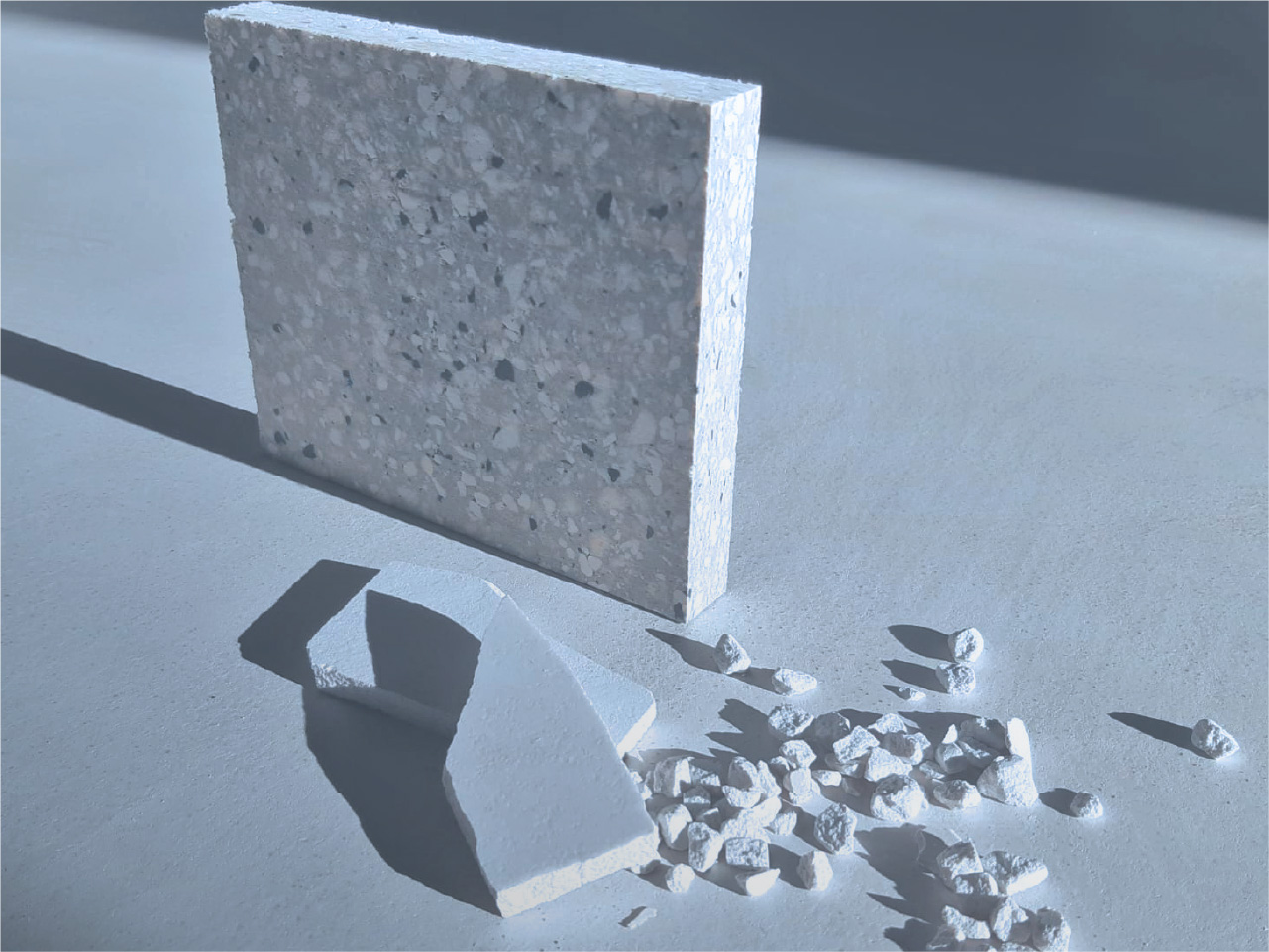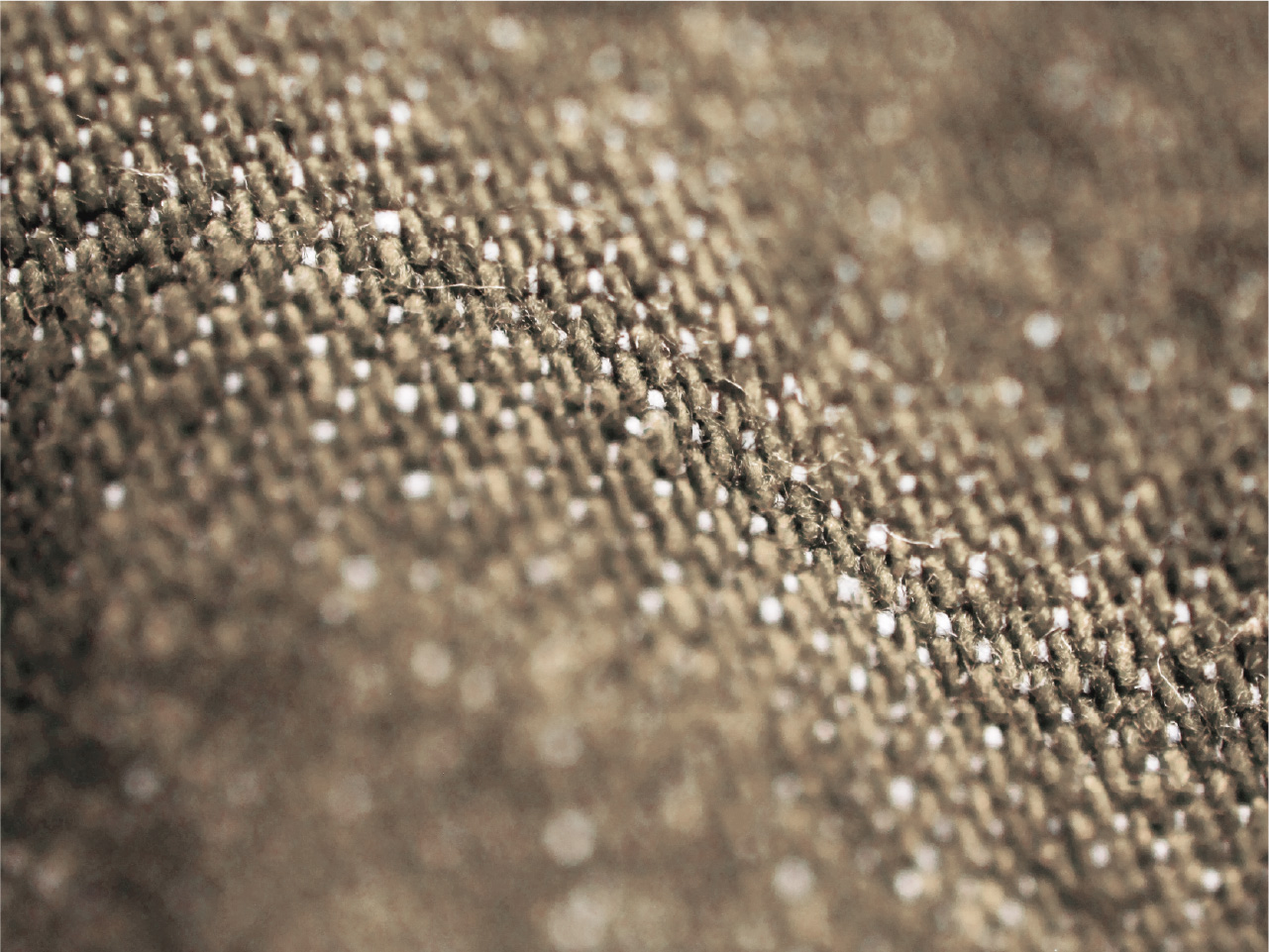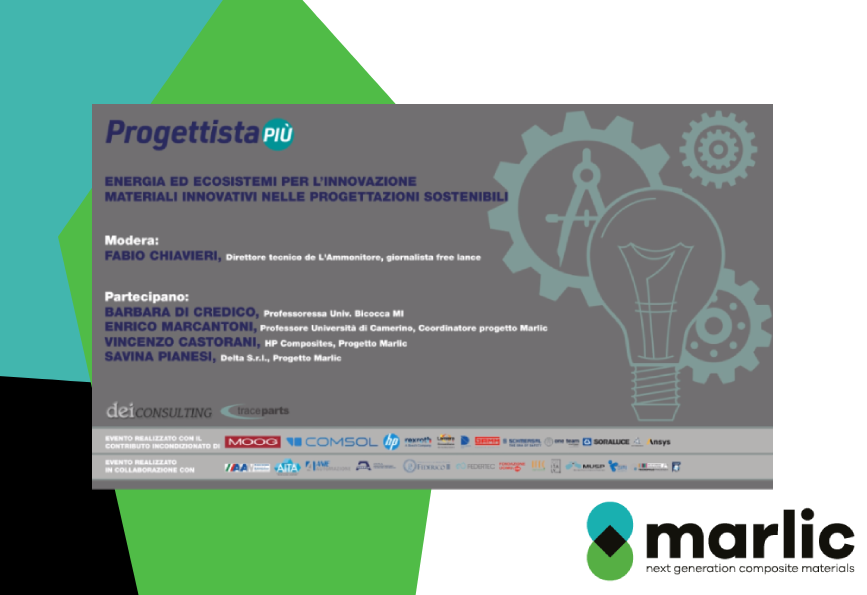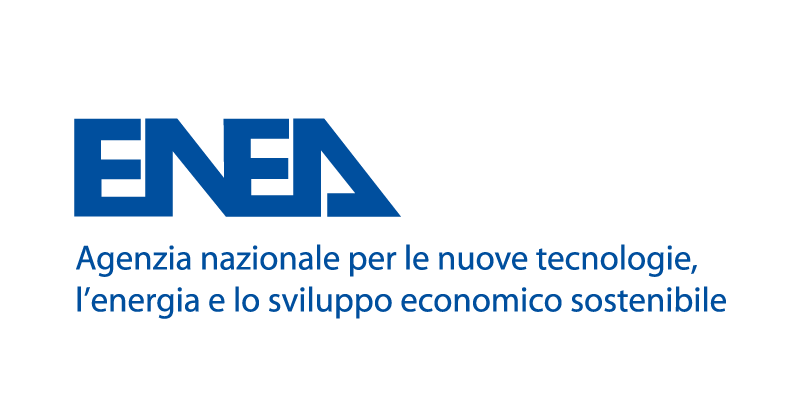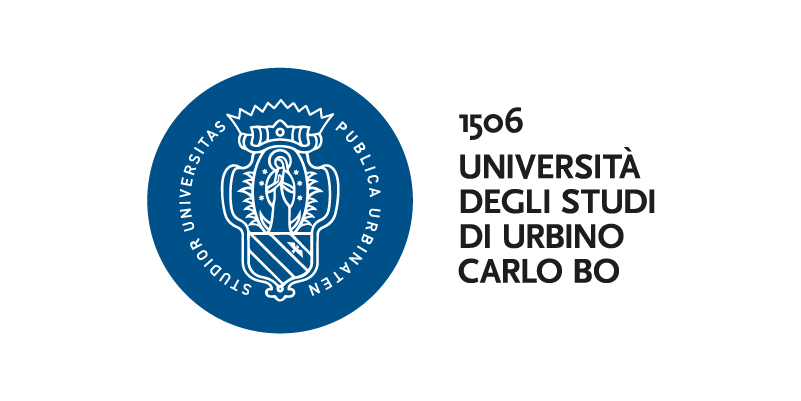
Regional Platform on Next-Generation Composite Materials
Collaborative platform on sustainable manufacturing, eco-sustainability of products and processes for new materials and demanufacturing.
MARLIC (Marche Applied Research Laboratory for Innovative Composites) Project
27
Partners
€11.4M
Project Budget
30
Project length in months
2020-3
Project duration
Services
Research and Development
Pure or applied research, feasibility studies, technical and scientific support applied to the development of innovative composite materials, to promote eco-sustainable products and processes for the new materials.
Analysis and Testing
Characterization of composite materials; analysis of defects with identification of causes and proposed solution strategies; optimization of production technologies.
Prototyping
Pre-testing and testing of the prototypes developed by companies, with training activities carried out in parallel with prototype development.
Design for Demanufacturing & Recycling
Support to companies in the design of new composite materials for demanufacturing and in the identification of possible strategies for the reduction, reuse, recycling and recovery of raw materials.
Training
Training on the technologies available in the laboratory, accessible to students and workers; consulting and orientation in the sector of polymer-matrix composite materials.
Laboratory Activities
Structural and Morphological Tests
Structural and morphological tests based on the recognition of specific chemical groups
Mechanical and Thermal Tests
Mechanical and thermal tests based on identifying correlations between chemical compositions and behaviours of composite materials.
Extraction and Purification
Extraction and purification from renewable sources other than food crops, such as food scraps and second-generation sources which cannot be used for food applications.
Organic Molecule Synthesis
Organic molecule synthesis through low environmental impact methodologies: the resulting molecules can be used as additives for a highly innovative composite product, characterized by the best features in terms of functionality, aesthetics, strength, versatility, reusability and recyclability.
Material Behaviour Tests
These tests are necessary to study the behaviour of composite material relative to processing and chemical composition parameters.
Ageing Tests
Accelerated ageing tests to study the correlation between life expectancy of a manufacture and environmental conditions.
